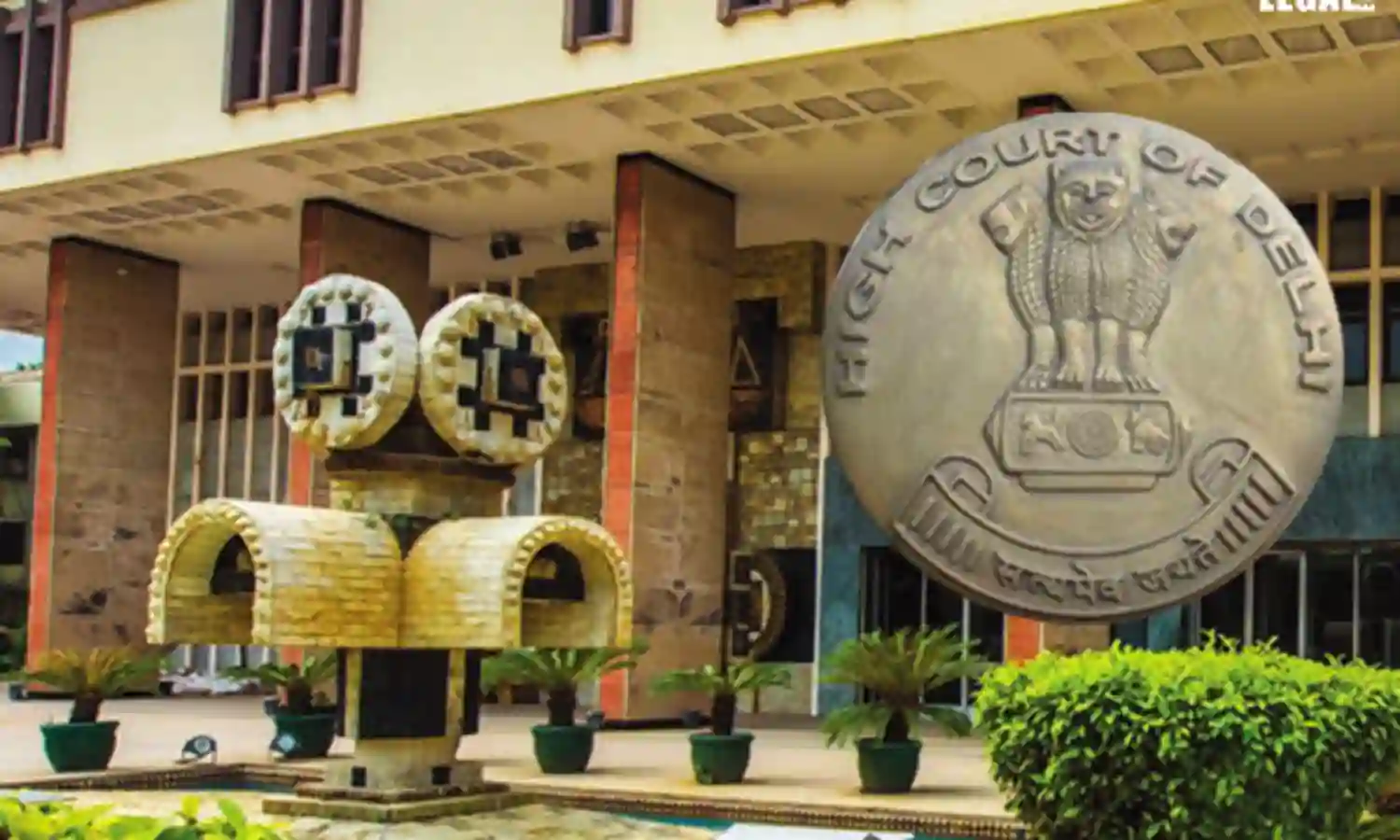Delhi High Court initiates criminal contempt proceedings on finding fake IPAB order
States it would deter persons having a similar proclivity to resort to such acts;

Delhi High Court initiates criminal contempt proceedings on finding fake IPAB order
States it would deter persons having a similar proclivity to resort to such acts
The Delhi High Court has initiated criminal contempt proceedings against the defendants in a suit after the Registrar (Vigilance) inquiry's revelation. The defendants placed a fabricated Intellectual Property Appellate Board (IPAB) order as part of a compilation of documents handed over to the court.
Justice Jyoti Singh said any person who takes recourse to deflect the course of judicial proceedings and interferes with the administration of justice, must be dealt with a heavy hand.
She added, "It cannot be disputed that the majesty of law must be upheld and the Contempt of Courts Act is one of the several ways by which the process of law can be saved from being hindered or thwarted so as to further the cause of justice."
While relying on the precedents set by the Supreme Court, the bench held that the tendency to obstruct the due course of justice or undermine the dignity of the court needed to be curbed "to deter the persons having a similar proclivity to resort to such acts or conduct."
The suit was first listed in November. The defendants had then handed over a compilation of documents to the court. Relying on an order, allegedly passed by IPAB, they argued that the plaintiff had deliberately concealed the documents.
The plaintiff company opposed the submission. It urged the documents were neither material, so there was no reason to conceal them. However, the defendants were granted the liberty to place the documents on record. It was then that the plaintiff company questioned the genuineness and authenticity of the IPAB order.
Thereafter, an inquiry was conducted by the Registrar (Vigilance) and early this month, a report was submitted to the court. It concluded that the IPAB order was not genuine.
Perusing the report, Justice Singh said that the conduct of the defendants was an attempt to interfere and obstruct the judicial proceedings and administration of justice, thereby constituting criminal contempt as defined under the Contempt of Courts Act, 1971.
The court ruled, "In view of the Contempt of Courts Act, 1971, the matter should be placed before the Chief Justice for reference to the appropriate division bench."
Thus, the case was listed before a division bench headed by Justice Siddharth Mridul. The bench issued a show-cause notice to the defendants asking why contempt proceedings should not be initiated against them. It also directed the Registrar (Vigilance) to promptly issue a copy of the inquiry report to the concerned parties.


